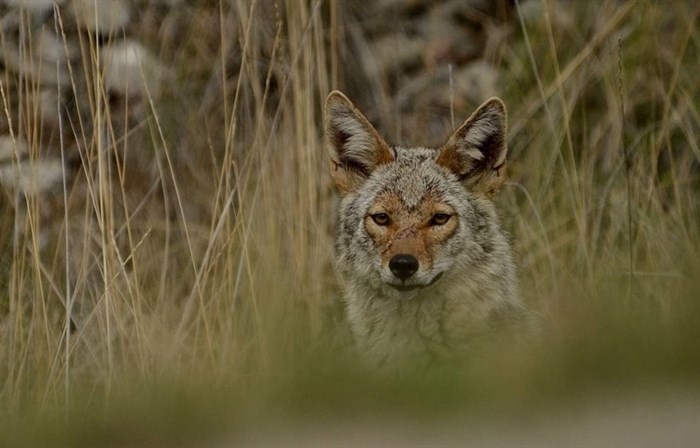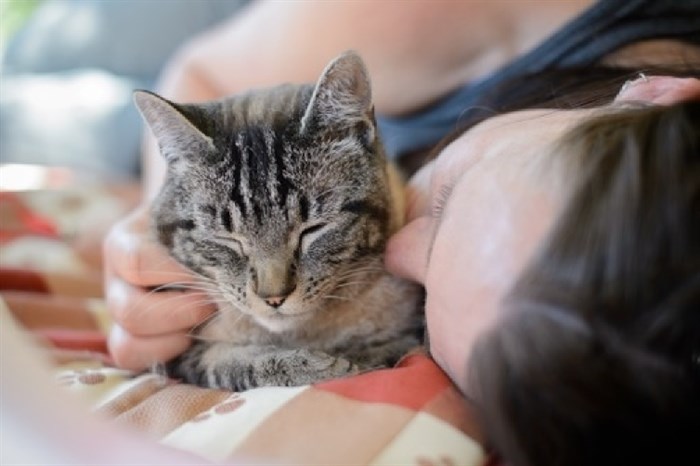
Image Credit: BCSPCA/ Tania Simpson
July 09, 2020 - 12:09 PM
The B.C. SPCA has confirmed the mangled cat carcasses found in Kelowna were the results of a predator attack — not a human.
The carcasses were found June 19 and sent to the B.C. SPCA lab in Abbotsford for a necropsy.

Image Credit: Contributed/B.C. SPCA
“We have now received necropsy results which indicate that the wounds are consistent with predation rather than incised or chop wounds,” says Brian Kijowski, the BC SPCA’s regional manager of cruelty investigators for the Interior/Okanagan, in a news release.
While social media posts circulated about how the cats were intentionally mutilated, Kijowski said in the release that predators can create clean and precise wounds that they are sometimes mistaken for those made by human tools.
At that time, the SPCA said it was sending one carcass that had been severed. Social media reports said the two halves were found a couple of blocks apart. In fact, there parts were from two different cats, Kijowski confirmed in a later interview.
“That’s why we felt it was important to wait for the necropsy results before commenting publicly on the cause of death,” he said in the release.
The B.C. SPCA warns pet owners to keep an eye on their pets while outside as Kelowna has a large coyote population. It's also puppy season for coyotes so mothers will be on the hunt for food, according to the release.
READ MORE: Severed cat carcass being sent from Kelowna to Abbotsford for necropsy
Coyotes will eat just about everything, from small mammals to small pets if given the chance.
"They will also eat garbage, compost, fallen fruit, seeds from bird feeders and pet food, so it is important not to inadvertently draw coyotes into your neighbourhood by providing an easy food source," according to the SPCA.
Kijowski said in the release that parks, trails and other areas with tall grass or bushes can be danger zones for smaller pets.
The B.C. SPCA advises pet owners to keep pets on a leash and to pick up pets and children if they see a coyote.
“If approached, make noise and appear ‘big’ by stamping your feet and waving your arms to frighten the predator off, but don’t run away, as it could encourage them to give chase. Instead, maintain eye contact and move away slowly,” said Kijowski in the release.
For more tips on co-existing with urban coyotes, visit the SPCA's website.
READ MORE: Another Kelowna cat killer? It's almost always coyotes
To contact a reporter for this story, email Carli Berry or call 250-864-7494 or email the editor. You can also submit photos, videos or news tips to the newsroom and be entered to win a monthly prize draw.
We welcome your comments and opinions on our stories but play nice. We won't censor or delete comments unless they contain off-topic statements or links, unnecessary vulgarity, false facts, spam or obviously fake profiles. If you have any concerns about what you see in comments, email the editor in the link above.
News from © iNFOnews, 2020